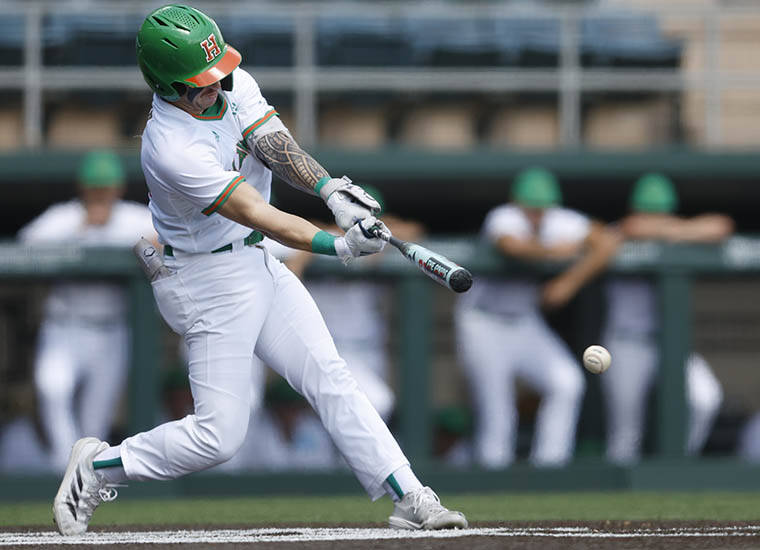Stadium idea: eat for less
The Aloha Stadium Authority is looking at ways to reduce the cost of concessions for the future, especially for families, members said.
"The main thing is that we want to find ways to bring more people back into the stadium," said Kevin Chong Kee, chair of the nine-member group that oversees the stadium.
The current contract with Centerplate, which has held the food and beverage rights for 11 years, expires in January and the authority is encouraging bidders for the new contract to drop prices, bundle items or offer other innovations, according to people who have seen the invitation for proposal.
Last year Centerplate, which pays the stadium 48.5 percent of its revenues, dropped the prices on some items.
But in enduring tough economic times, Chong Kee said, "It is getting to the point where it is unaffordable for families, so this is why we’re looking at pricing."
Authority member Marcia Klompus said they studied several stadiums, "but we like what UH did in their arena (and Les Murakami Stadium) to bring down prices and that is sort of what we’d like to model ours after." She cited kids meals and family packs as two examples.
Don't miss out on what's happening!
Stay in touch with breaking news, as it happens, conveniently in your email inbox. It's FREE!
In granting its last contract in 2008, UH mandated that prices on most food items be lowered by 20 percent and prices on alcohol be cut by 10 percent. The result, athletic director Jim Donovan said, was "when we brought down the prices, people saw it as a value proposition. They bought more and it helped us sell more tickets."
He said UH went from $266,084 in rebates from the concessionaire to approximately $600,000 in little more than a year.
Donovan is encouraged by Aloha Stadium’s plan.
"We do receive a lot of feedback from our fans that the concession prices at Aloha Stadium are too high and so it is a discouragement for them to purchase (items) at our games. And it may be a discouragement for them to even attend."
Aloha Stadium received an average of about $1.5 million per year over the last three years in rebates from Centerplate, officials said.





